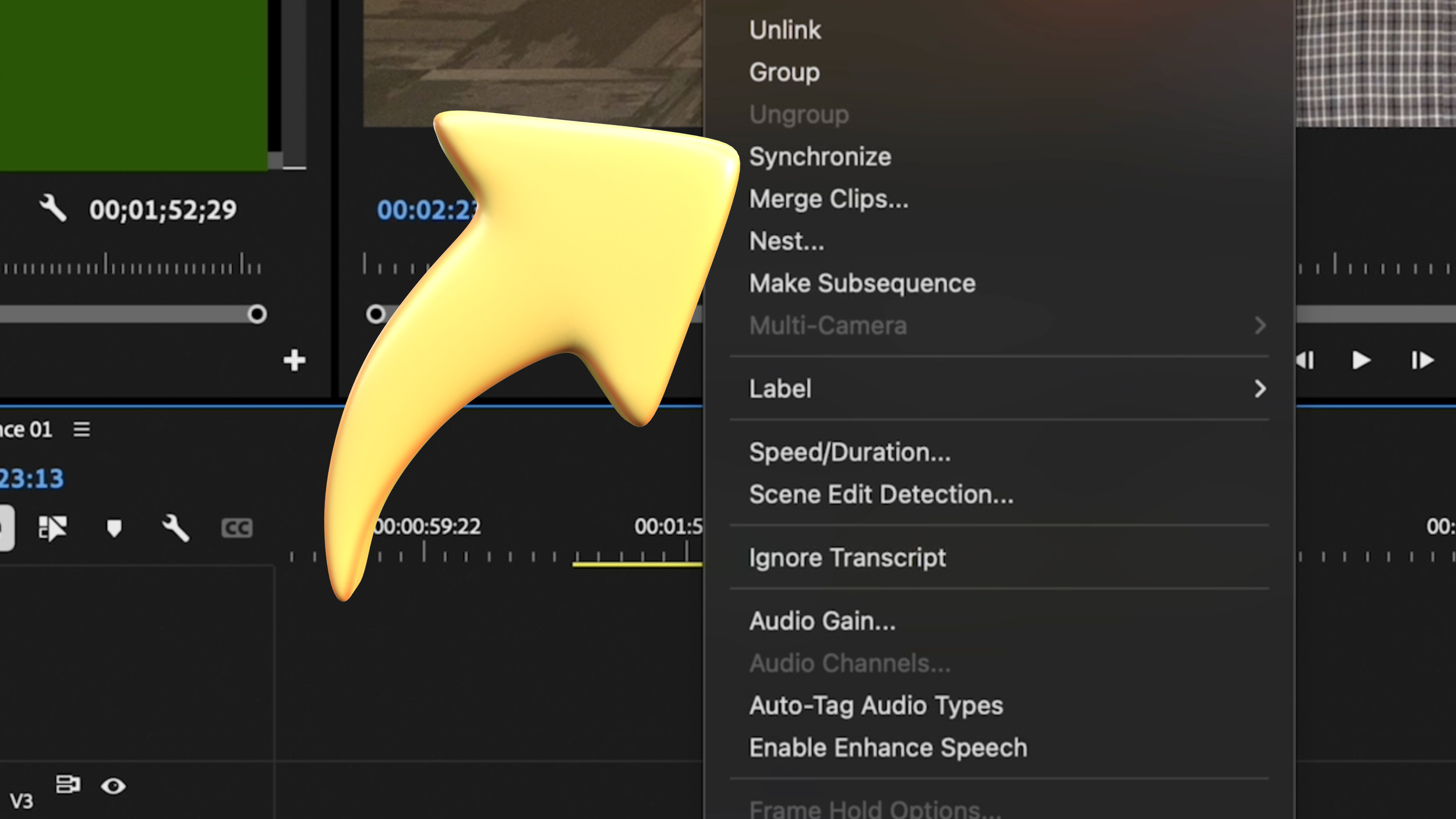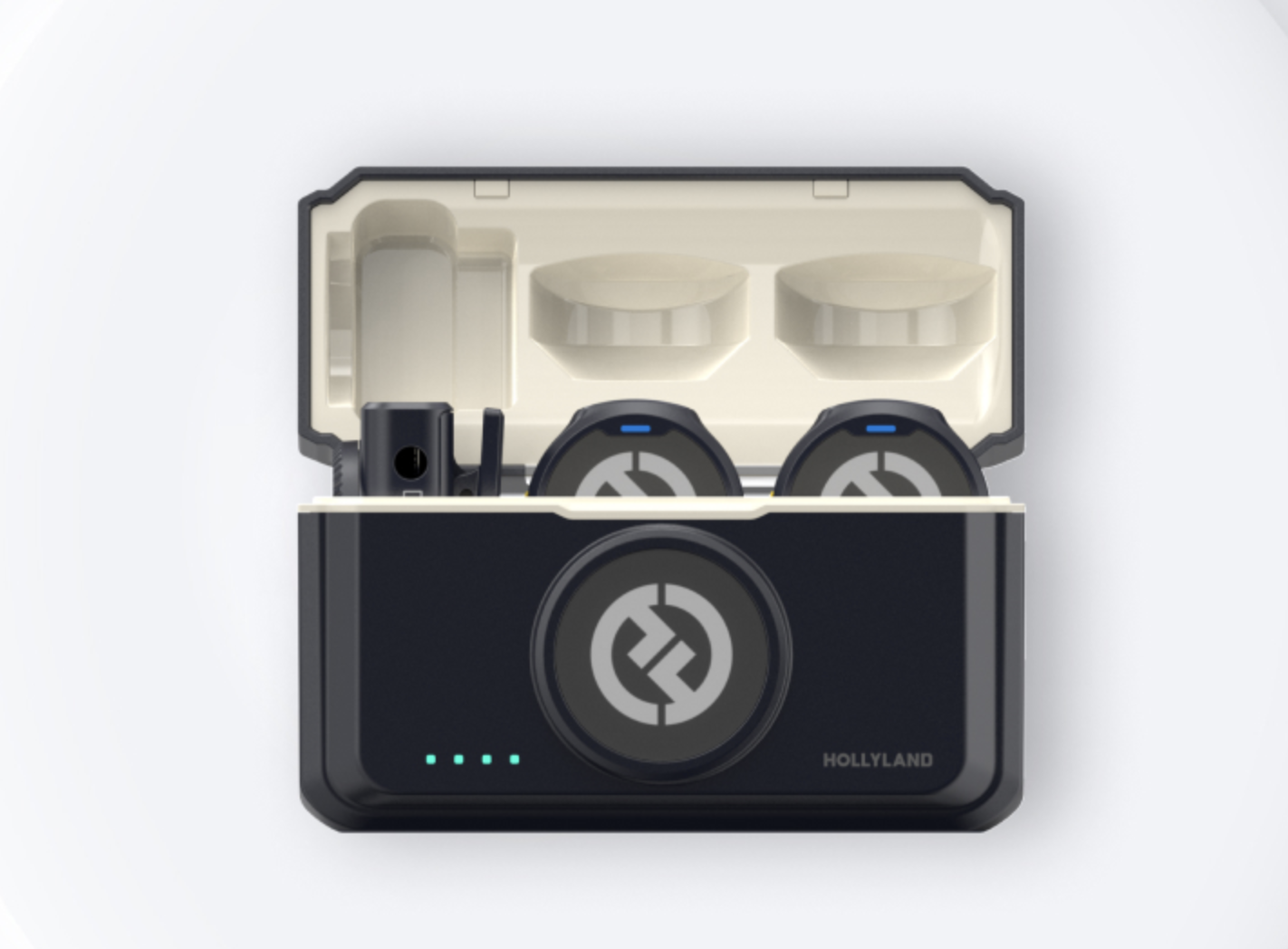Doin’ It DifferentLy
I am quickly approaching 6 months in my new job. It’s been a wild ride. There have been times when I questioned the choice to take the job, questioned my fit in the job, questioned what the future looks like for me and questioned pretty much everything that goes with the reflection those questions cause.
The biggest thing that I have taken away from all of my time on the road, meeting with people, doing things that I have never done before is that it’s all different. Every school I go to is different. Even if it’s in the same district with the same leadership and the same support - it’s different.
I am learning that different isn’t just good, different can be great.
In my conversations with a lot of teachers, I hear “I just can’t do what XXX at XXXX School does.” My response is typically “good” or “you are right.” This usually sets them back. I then have to back pedal and share that you aren’t supposed to do it like the other program. You have different challenges. You have different tools. You are different.
For example, last week I met with a teacher who has a brand new facility. Super high ceilings in his studio. A HUGE control room. A 20 foot wall that’s painted green and even curved on the sides. He has computers for every student. I also met with a teacher who has no studio, no control room, 6 computers for 24 students. One of the programs is pushing out a daily news show that rivals any program in the country. The other has never produced a show. One of the programs has the full support of their admin to do whatever they want with no question - the other is beholden to the Athletic director and feels like they will never measure up.
The school with all of the amazing facilities has so little equipment that a news show is next to impossible. While the school with no facilities has the tools to do the job but nowhere to do it.
Too often I hear “If I only had… (insert tools, space, kids, support, etc)” then I could do more. Here’s the deal, you don’t have to do more. You don’t have to do better. You just need to DO…
Things you need to DO:
Create Opportunities
Creating opportunities for your students is essential to the success of your program. You will most likely be more adept at identifying opportunities for student works. This comes from talking with your admin, teachers, and community people - all of which you should do every day. I’m not saying go seek content; just identify it when it happens.
The best example of this that I can think of is when you are talking with a teacher and the tell you the reason they are stressed or tired - that’s usually potential content. One of my favorite teachers is a drama/chorus teacher. The spring for her is ALWAYS crazy - performances, competitions, awards shows, etc. So when I talked with her I actually listened. I would then go back to my students and suggest - “Hey. Dr. Rose was telling me that they are getting ready for the spring show in 2 weeks - how can we cover it?”
I didn’t create the content for them but I did share an opportunity. If you leave your room, talk with other people, content will not be an issue.
I will warn you though, don’t create opportunities just to fill a box in the grade book. Create opportunities to create content. Find ways to make your student’s work live outside of your gradebook and classroom. If you have the students do something, make it something that matters - a segment in your news show, a social media post, a product that is shared with someone else so they can post it… MAKE IT MATTER.
2. Create Rubrics
I LOVE rubrics. I spent way too much time in my life creating rubrics but I can not tell you how important they are. If you take the time to write solid rubrics your life will change forever.
Why do rubrics matter? It’s simple. You don’t have to justify a grade. If you do what I describe below, you simply score the project and move one. The only justifications need to come from the student and their performance and/or reading of the rubric.
My favorite “because I had a rubric” story came in my 4th or 5th year in the classroom. I had a student who was completely insufferable. She complained about everything. Thought she was the absolute best at everything and challenged every assignment, score, feedback. Her final project was absolute trash. The definition of couldn't care less and thought she had locked in an A and was fine just throwing something out there. Long story short: Her project brought her down to a B. She didn’t come to me - she went straight to the principal to discuss how I had messed her up and was ruining her life because she got a B. I sent the principal the rubric.and asked that the principal and student both review the submission and score it according to the rubric and whatever the highest score would be the one that I put in the gradebook. They both got the same score and mine was 4 points higher because I was gently on the only non-measurable item on the rubric (more on that later). Needless to say, the conversation ended, my administrator thought I was a genius, and the student’s life was altered but not the way she thought.
You need a rubric for everything but you don’t have to create a rubric for every project. We all know that for the most part our students do the same projects over and over (as they should). In a broadcast focused program it’s packages, interviews, etc… in a film program, its scripts, storyboards, short films, etc. So create a rubric for your category of project and just tweak to the individual project if you need. A newspackage rubric should cover all newspackages because the elements are always the same.
When you create a rubric, consider every step of the process. Preproduction through content review.
THE BIGGEST KEY TO CREATING A RUBRIC: Make every element measurable - with one exception (coming later). The power of a rubric is that it allows you to simple score a project without being questioned by a student, parent, or admin. If you make everything (except one thing) measurable, there is no argument - late is late, 90 seconds is 90 seconds, 4 graphics elements are 4 graphics elements. Imagine the stress relief that comes from not having to be stressed about a student’s grade.
The one element that should be subjective is the “overall” score. That is where you get to show your thoughts on the student effort. This portion of the grade should be less than half of a letter grade but I guarantee you that the student will care more about that >5% than the other 95%+.
A good rubric will prevent a lot of things including meetings! Take the time to write them right and you will have a peace like no other - imagine heading to Christmas or summer with 0 stress!
3. Create Space
You need to create space for your students to learn and you to relax. Too often we get so focused on making sure the standards are ground into the student that we forget that they need time to let the lessons grow in their brains. Let connections be made via repetition and review.
What does this look like?
In a news class, a quick 3-5 minute review at the end of each show and a 10-15 minute review at the end of the week. These reviews will allow you to learn what your students struggled with, what they like, what they dislike, what they are excited about, and it gives you time to share those same feelings with them. This isn’t a beat down (unless it needs to be)... it should be a conversation.
In a film class, its a showcase at the end of a project window. The goal is the same - find out what you can do to make the process and product better (process being first there isn’t on accident).
As a teacher, you need to find a way to create space for you. You don’t have to be the “sage on stage” every day. After you teach the basics, you should be a coach and facilitator. Give the students assignments, empower them to create good content, and send them on the way. In Georgia, we have a fun tradition called a “Buechner.” We have a great group of teachers who share content, etc on facebook and every week or so someone shares a “Buechner,” which is a selfie video of the teacher spinning to show that they have an empty room because all of the students are out filming. This is in honor of Chris Buecher at Centennial High School in Georgia who started the trend.
That time that the students are out of the room is time for you to do anything you need - set up for the next class, grade, teach one to one, or have a cup of coffee in a quiet room (MY FAVORITE!) - whatever you need to do! I’m not going to lie - there were weeks where I would plan a Buechner day.
Ultimately, your program is yours. You have to do what works for you - within the boundaries of your school’s culture. The programs that are the most successful have three things in common: students creating content that matters, a teacher that isn’t cripple by stress, and is active in production (meaning the kids actually leave the classroom). If you can find a way to make those three things a part of the culture of your program, you will be the program that others look to as their goal.
** Quick Note on Imposter Syndrome***
It’s real. We all suffer with it - except the weirdos
It should not be something you fear. It should be something to empower you. Take the time to tackle the things that make you feel like an imposter.
You are doing good things! Keep doing things and you will be fine!
Meet the Author, Tom White
Tom White is the Education and House of Worship Specialist at Amitrace. Tom's role is to help educators build better programs through better training, planning, and equipment.
Before joining Amitrace, Tom was the Broadcast Engineer at Grady College of Journalism and Communication at the University of Georgia. Prior to that role, Tom taught at Morgan County High School and Rockdale Career Academy where he and his student produced thousands of live streams for sports, news, and community events.
Tom’s program at the Rockdale Career Academy received the NFHS Network Program Of The Year in 2016 and his program at Morgan County High School received the New Program of the Year title in 2018. Tom has been a long time contributor to many publications and is the host of Teaching to The Test Pattern Podcast.










Got shaky footage? No problem! In this quick tutorial, learn how to use Warp Stabilizer in Adobe Premiere Pro to smooth out your shots effortlessly.